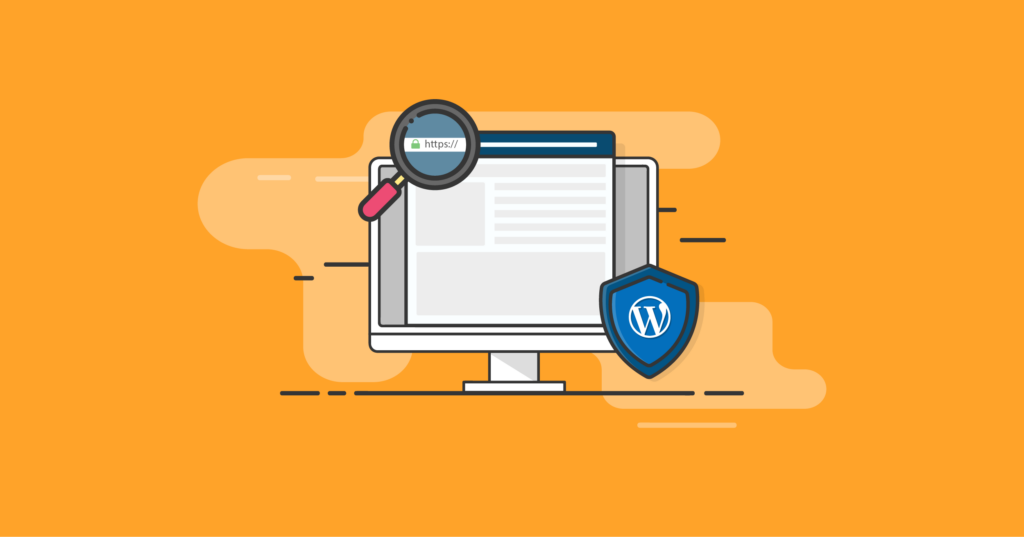In today’s digital age, the internet has become an integral part of our lives. We use it to connect with friends and family, search for information, shop online, and conduct business transactions. However, the convenience and accessibility of the internet come with an inherent risk of cyber attacks and data breaches.
This is why web security has become a critical concern for individuals and organizations alike. In this article, we will explore why web security is important and the steps that can be taken to ensure a secure online experience.
Contents
What is Web Security?
Web security refers to the measures taken to protect websites and web applications from cyber threats such as malware, hacking attempts, and data breaches. The goal of web security is to ensure the confidentiality, integrity, and availability of data on the internet.
Confidentiality means that sensitive information is only accessible to authorized users, integrity means that data is accurate and unaltered, and availability means that data is accessible to authorized users when needed.
Do We Really Need it?
The internet is home to an increasing number of cyber threats, making web security more important than ever. Cybercriminals use a numerous tactics to gain unauthorized access to websites and web applications, including social engineering, phishing, and brute force attacks.
Once they gain access, they can steal sensitive information such as credit card numbers, login credentials, and personal data. This information can be used for financial gain, identity theft, or other malicious purposes.
Web security is also essential for businesses and organizations that conduct transactions online. A data breach can damage a company’s reputation and lead to financial losses, legal liabilities, and compliance issues. In addition, the loss of customer trust can have long-lasting consequences.
How To Ensure Web Security
There are pleothera of steps that can be taken to ensure web security, including the following:
Use Secure Passwords
Passwords are best defense against unauthorized access to websites and web applications. Use strong and complex passwords that are tough to guess, and avoid using the same credentials over and over again across multiple accounts.
Implement Two-Factor Authentication
Two-factor authentication offers an additional layer of security by requiring users to provide a second form of authentication in addition to a password, such as a code sent to their mobile phone.
Keep Software Up to Date
Software updates often contain security patches that address known vulnerabilities. Keep all software, including web browsers and plugins, up to date to ensure the latest security measures are in place.
Use Encryption
Encryption is the method of encoding sensetive data so that it can only be accessed by authorized users. Utilize encryption to safeguard sensitive data such as credit card numbers and login credentials.
Conduct Regular Security Check
Regular security audits can identify vulnerabilities and potential threats before they can be exploited. Hire a security professional to conduct a thorough audit of your website and web applications.
Backup Data
Backing up data regularly can help ensure that data can be restored in the event of a cyber attack or data breach. Backups should be stored securely offsite to prevent loss due to physical damage or theft.
Train Employees
Employees are often the weakest link in web security. Provide regular training on web security best practices and the importance of maintaining secure passwords.
The Takeaway
Web security is more important than ever in today’s digital age. Cyber threats are growing increasingly sophisticated, and businesses and individuals alike must take steps to ensure that their websites and web applications are secure.
By implementing strong passwords, two-factor authentication, encryption, and conducting regular security audits, individuals and organizations can protect themselves from cyber attacks and data breaches. Remember, prevention is always better than cure.




